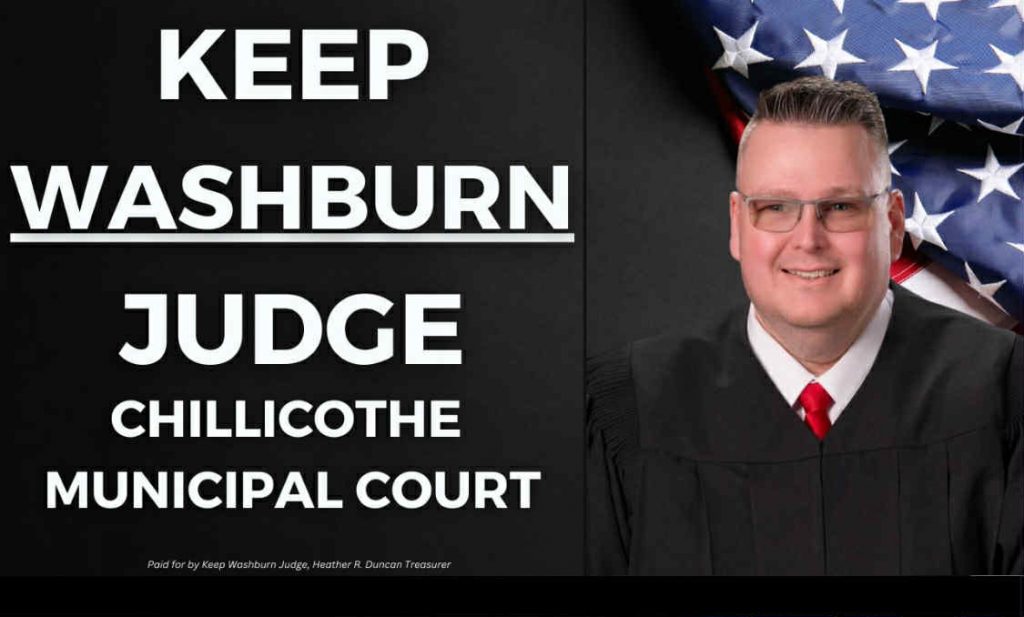
COLUMBUS, Ohio — Ohio Attorney General Dave Yost has issued a formal opinion to Defiance County Prosecutor Morris J. Murray, outlining the scope of authority held by Adult Parole Authority (APA) officers who assist in multi-jurisdictional drug task forces.
In the opinion, Yost emphasized that while parole officers may aid law enforcement in certain operations — such as tracking or detaining suspects — they are not granted the same powers as certified peace officers when it comes to arrests, searches, or the use of force.
According to the Attorney General, parole officers may arrest individuals under parole or community control sanctions if they have reasonable cause to believe a violation has occurred. They may also, like private citizens, make a warrantless arrest if they have reasonable grounds to believe a felony has been committed. However, such arrests are limited to public places and require a warrant to detain the suspect further.
The opinion distinguishes the narrow statutory powers of parole officers from those of police officers, who can execute arrests and searches under broader legal authority. Parole officers, Yost noted, have specific permission to conduct searches of individuals under supervision when they have reasonable grounds to believe that parole conditions are being violated — but that power cannot be used by law enforcement as a “workaround” to avoid obtaining a warrant.
Yost also addressed the use of force by APA officers, explaining that they are bound by internal APA rules that allow the use of force — including deadly force — only in clearly defined situations such as self-defense, protection of others, preventing escape, or subduing a noncompliant offender.
On the matter of liability, the Attorney General warned that parole officers who act outside the limits of their statutory authority could face personal legal exposure. While parole officers are generally protected under state immunity laws when performing their duties, Yost said those protections may not apply if an officer engages in activities beyond their official scope or without proper authorization.
Yost advised that any agreements between the APA and local law enforcement agencies should clearly define each party’s authority and responsibilities to prevent confusion over liability or operational control.
In conclusion, Yost stated:
- The APA may formally collaborate with drug task forces to share personnel and resources.
- Designating an APA officer as a “special deputy sheriff” does not expand their powers.
- Parole officers assisting law enforcement must still operate under APA authority and standards.
- Officers acting beyond their lawful powers risk personal liability, subject to judicial determination.
The full opinion is available through the Ohio Attorney General’s Office.











